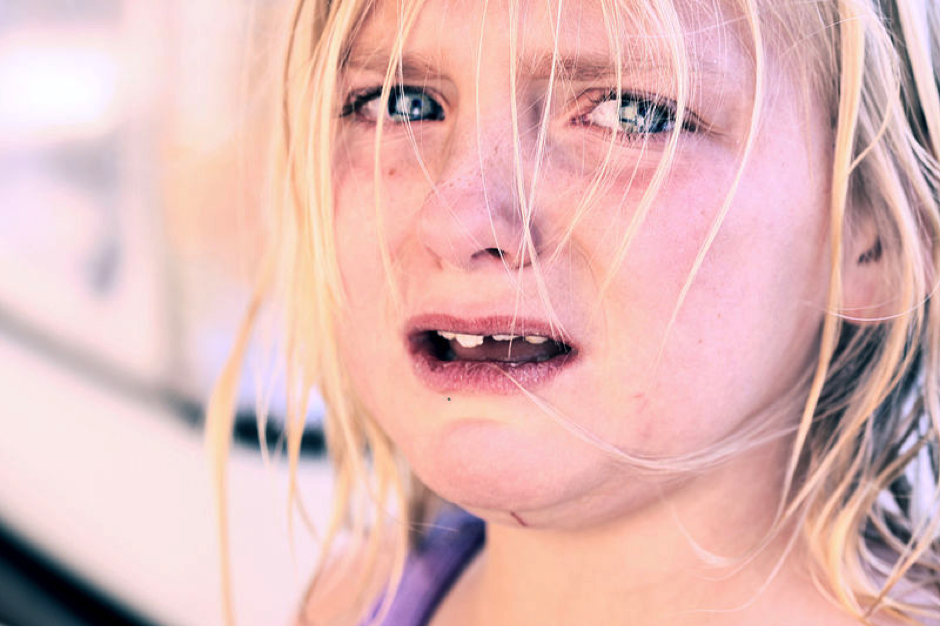Pampered Children
Dr K Porpavai
Every pampered child becomes a hated child… There is no greater evil than the pampering of children. Alfred Adler; Austrian doctor and psychotherapist.
Recently Dr Selvaraj, psychiatrist at Vazhikatti asked me about the difference between supporting and pampering children. It encouraged me to rekindle my passion in continuing with the blog. The above quote by Alfred Adler sounds quite harsh, but it gives us a lot to think about. Pampering is defined as ‘the act of indulging or gratifying a desire’, meaning catering to someone’s needs and desires, in an excessive way that it ends up adversely affecting the character, nature or attitude of a person. It is important to notice that the emphasis is on ‘excessive’ to differentiate from showing appropriate love, support and affection.
Why and how do we pamper our children?
When children are born they are very dependent on us for their basic needs, which are important for survival and developing physically, socially and emotionally. However all children are born with an innate desire to do things for themselves and they start expressing this as soon as language and mobility skills develop. As young as two, they want to take part in things. But adults usually shoo them away by saying that they are too small to do those things.
In the present day middle class urban society everything is available in abundance and parents allow their children whatever they want in the name of love. There is also a huge pressure on modern parents to be seen as the ‘perfect parent’. This might mean different things for different parents, including ’if I don’t buy the latest toy or mobile phone for my child I am not a good parent’. Some parents have the older model phones or vehicles, while they buy the more expensive ones for their children.
Parents have very busy lifestyles leaving them very little time to spend with their children and they compensate for this by pleasing their children with material things. Some parents do everything for their children, from feeding to clothing to even doing their homework. I have seen mothers hand or spoon feeding their children while the children watch TV or playing on the phone or computer. Children are perfectly capable of eating by themselves once they develop hand eye coordination skills. Of course, they will make a mess in the initial stages, but they will eventually learn. I have even seen parents feeding their grown up children so that they can get to school on time. These are only a few small examples. Sometimes parents jump to help the child at the first sign of struggle, be it getting dressed, or completing a task. This prevents any opportunity for the child to learn to do things for themselves.
In our society pampering does not stop in childhood. It continues into adulthood where we end up purchasing almost anything, including a university education of their choice. Recent trends in marriage extravaganzas are also extension of pampering in many cases.
According to Terry Lowe, pampering can happen in many forms. It can be overdoing, when we do things for kids that they can do themselves. Over-giving and over-buying in an era of plenty results in kids expecting a lot for little or no effort. Another way parents pamper is by over-supervising, over-protecting and over-evaluating, a topic for another blog.
What happens to pampered children?
They grow up thinking that they are some kind of royalty entitled to whatever they fancy. Basically pampering leads to spoilt kids. They take everything for granted as they have started to appreciate the abundance of money from a very young and innocent age. A child who gets the toy he wants by throwing a tantrum at the age of three, will get the latest IPhone he wants at the age of fifteen by becoming, angry and aggressive or by sulking.
Children learn from a young age that if they protest long and loud enough, busy parents will let them get away with doing very little or spending long time on their electronic gadgets. Pampered children take little effort to learn or do anything and have very limited creative tendencies. They are easily bored with what they have as they have got their eyes on the next big thing. They can become obstinate and disrespectful. In the long run it can shape their personality and character. They misunderstand privileges in life as their rights. In many cases they tend to grow into egoistic, self-centred adults.
What can parents do?
It is never too late to correct one’s style of parenting. If you had pampered your child until now it is not going to be easy to change things overnight, it takes time and conscious effort. Even if you have the means to get whatever your child wants, you need to make sure that your child does not get whatever catches her fancy. In parenting children we need to think of short term and long term benefits. While giving in and pampering may work at the moment, in the long run there is a heavy cost to the child, parents and the society. Be an authoritative parent who has reasonable expectations, who sets limits and parent with warmth and affection. Parent your children with charm, humour and diplomacy. It is really crucial that you don’t ‘give in’. Spend as much time as possible with children in activities that are developmentally appropriate.
Alfred Adler also said, “The misfortune of pampered children lies in their encountering too little resistance on their path, and thus they are not in a position to get to know their faculties and test their strength.” The best gift you can give your child is to help them grow with the belief ‘I am capable.’ Children learn to cope with the ups and downs of life by learning to tolerate frustration and delay gratification.
Photo Credit: D Sharon Pruitt; Description: She’s only crying because I won’t buy her a kiddie pool today. I will soon, but it’s still cold, only in the 60’s on a good day and it’s the middle of March


Recent Comments